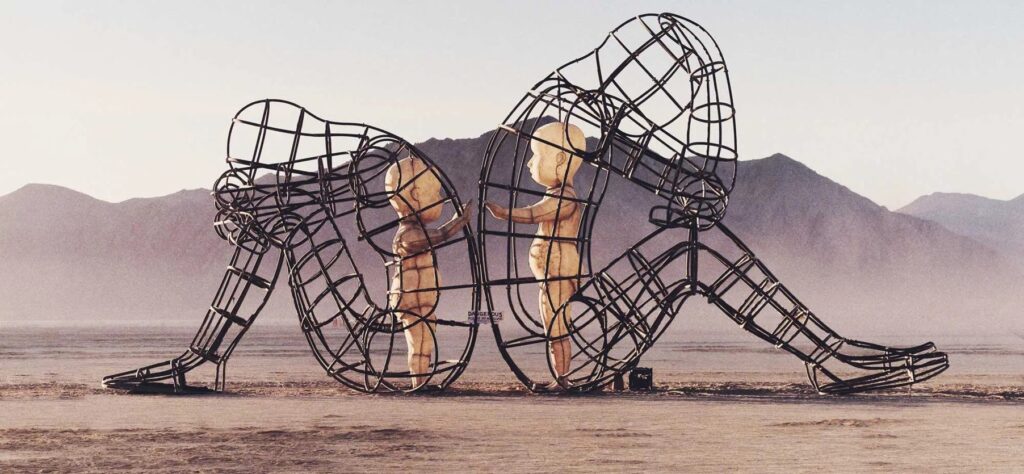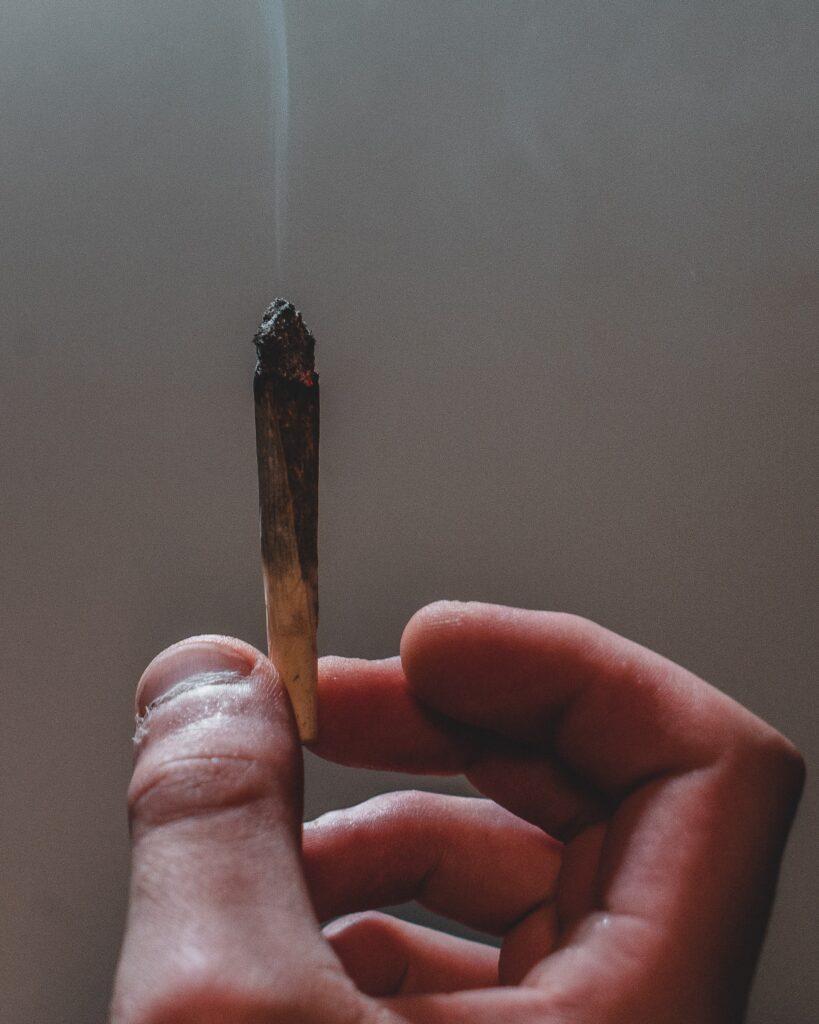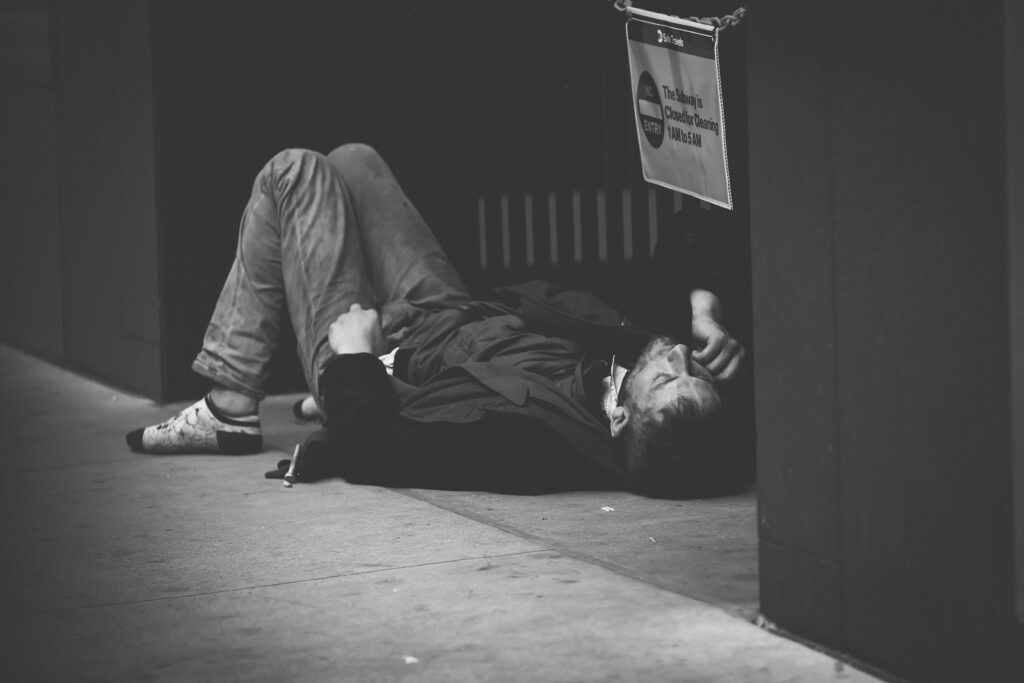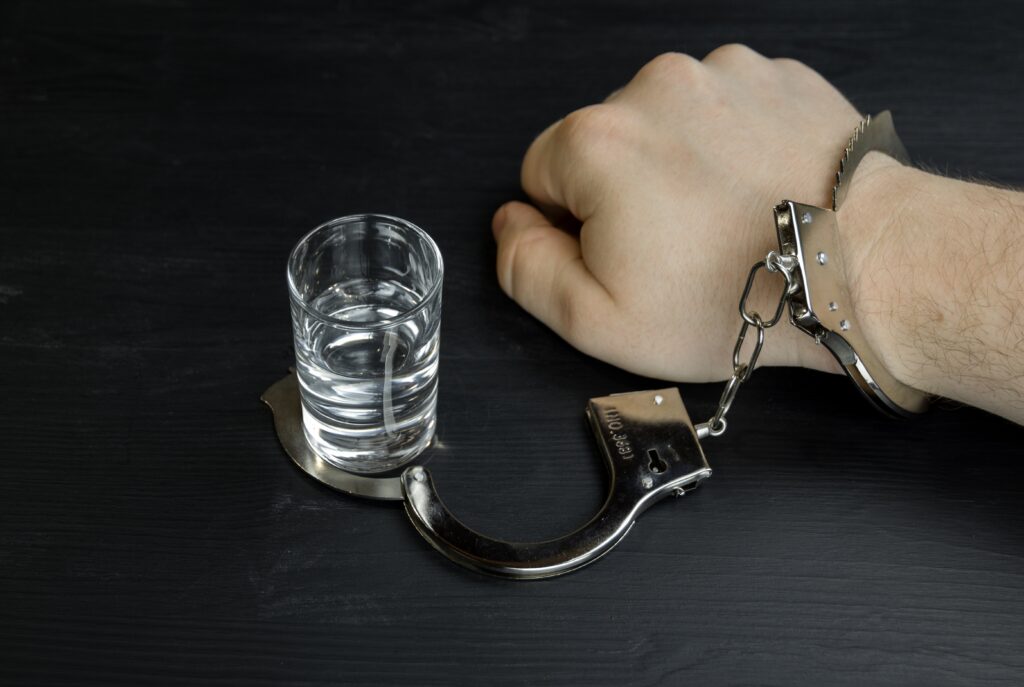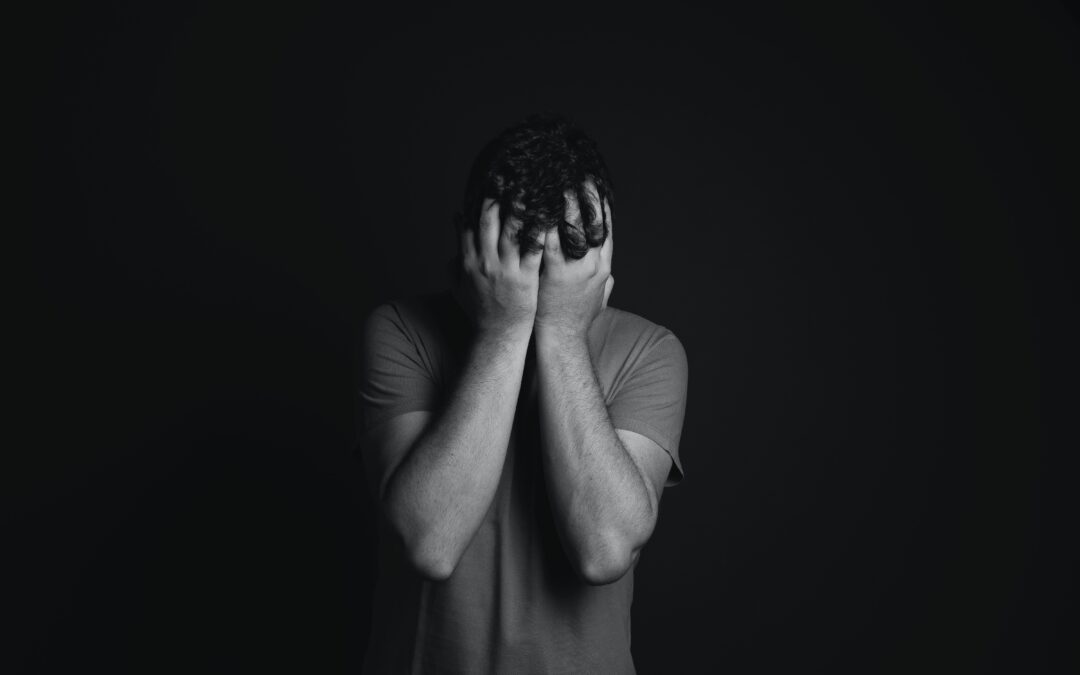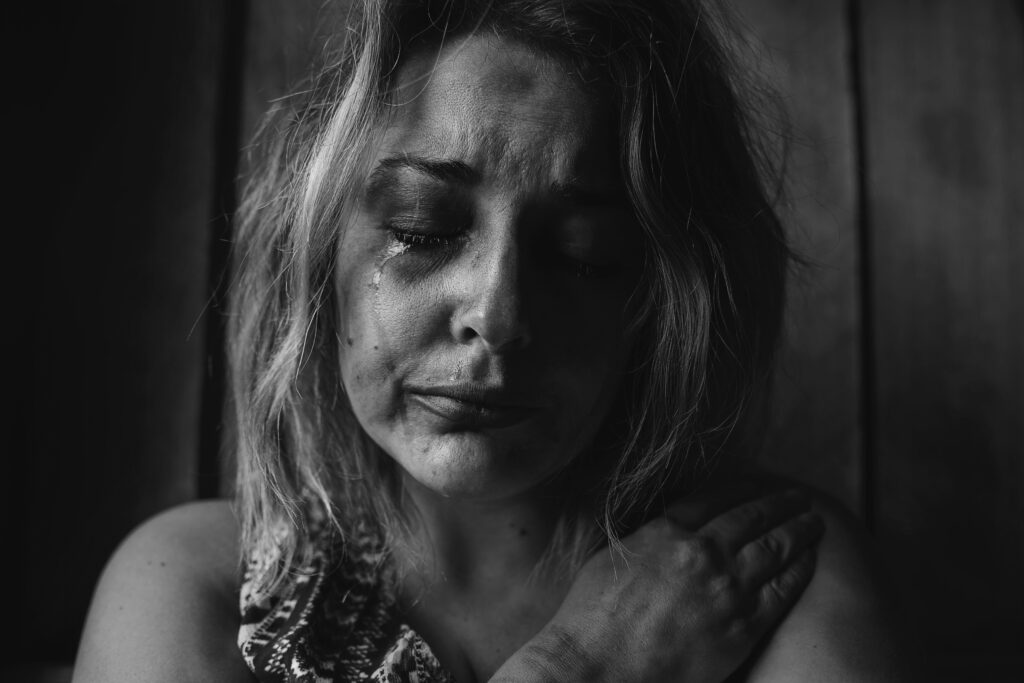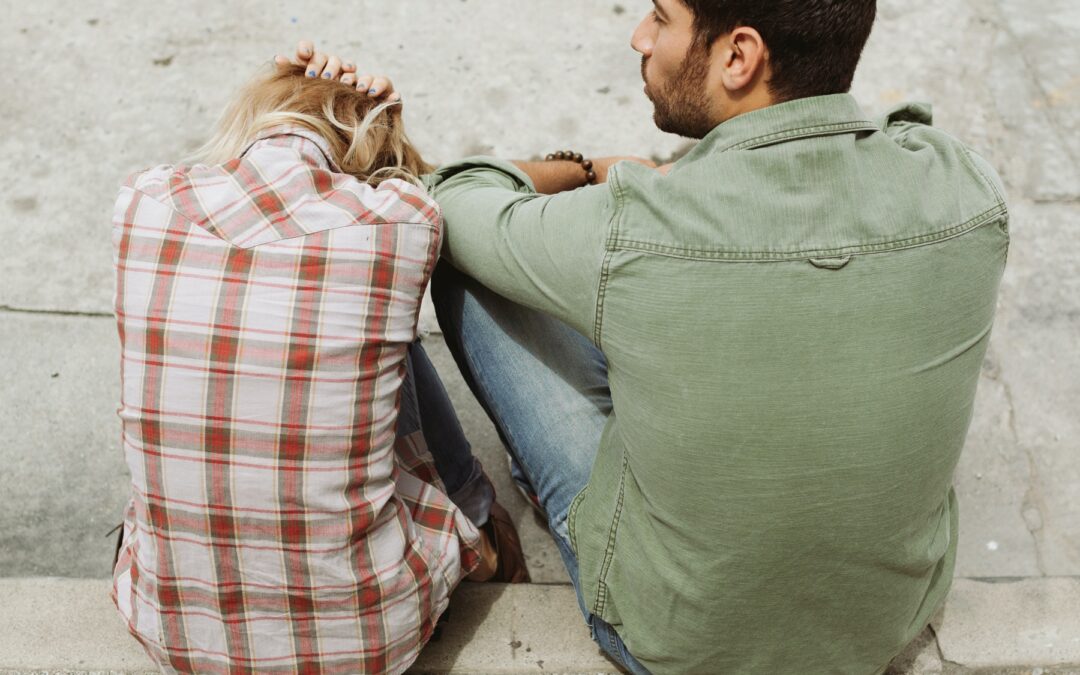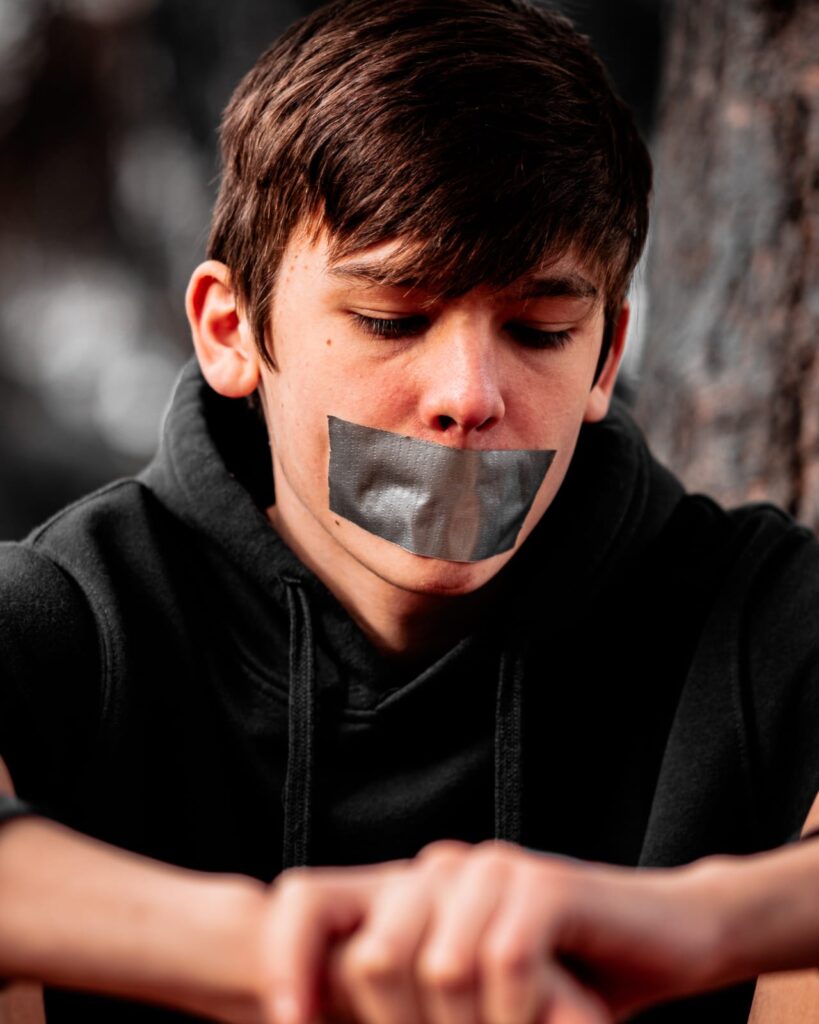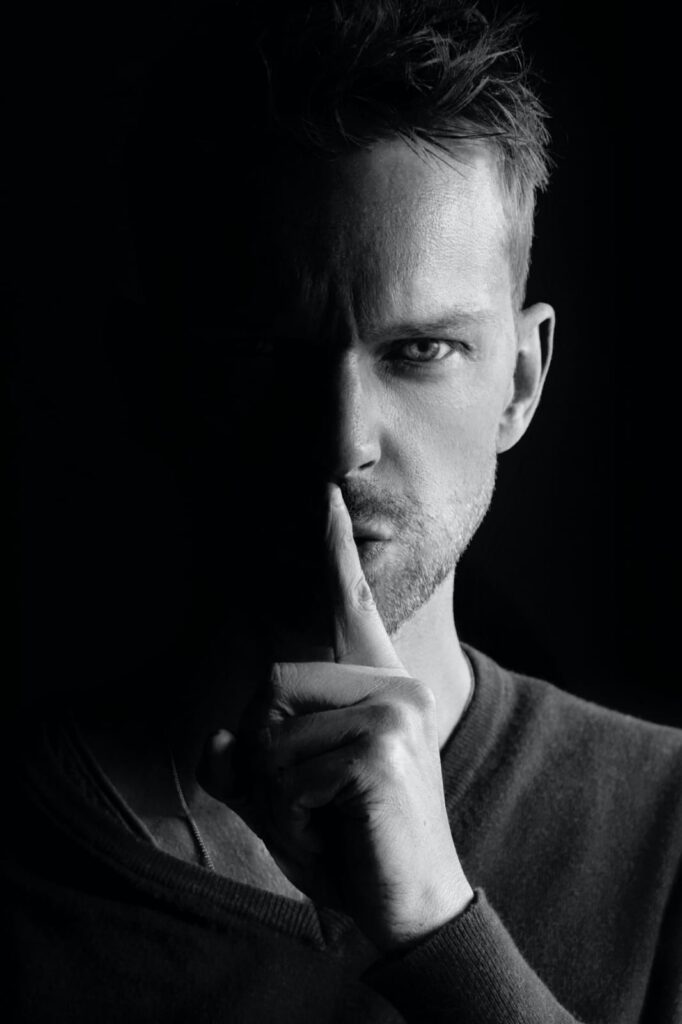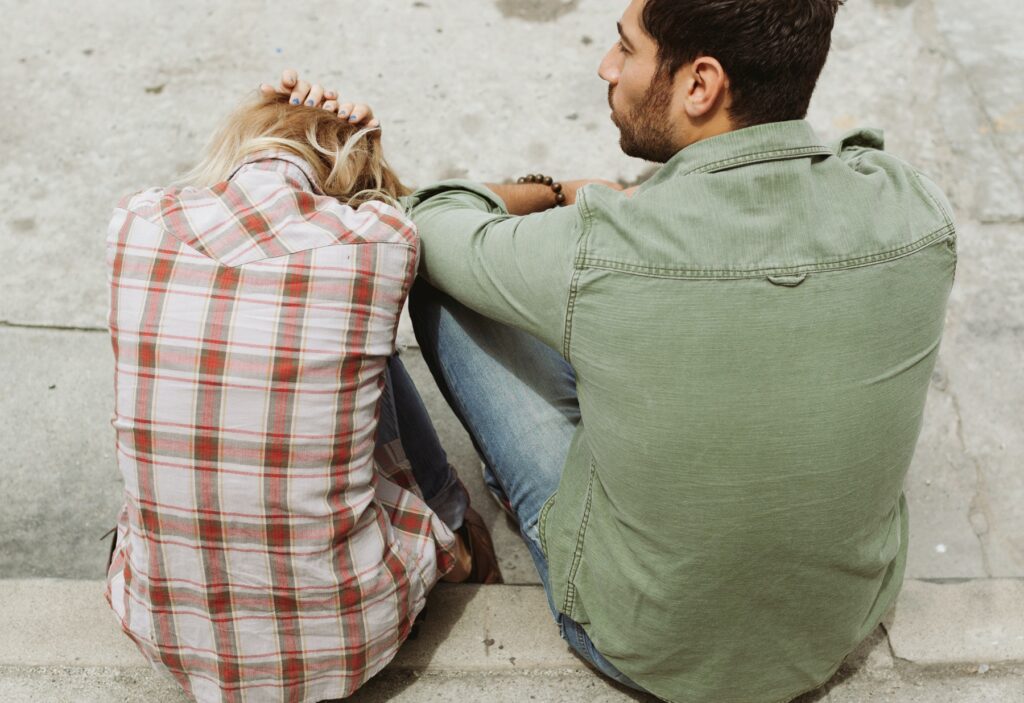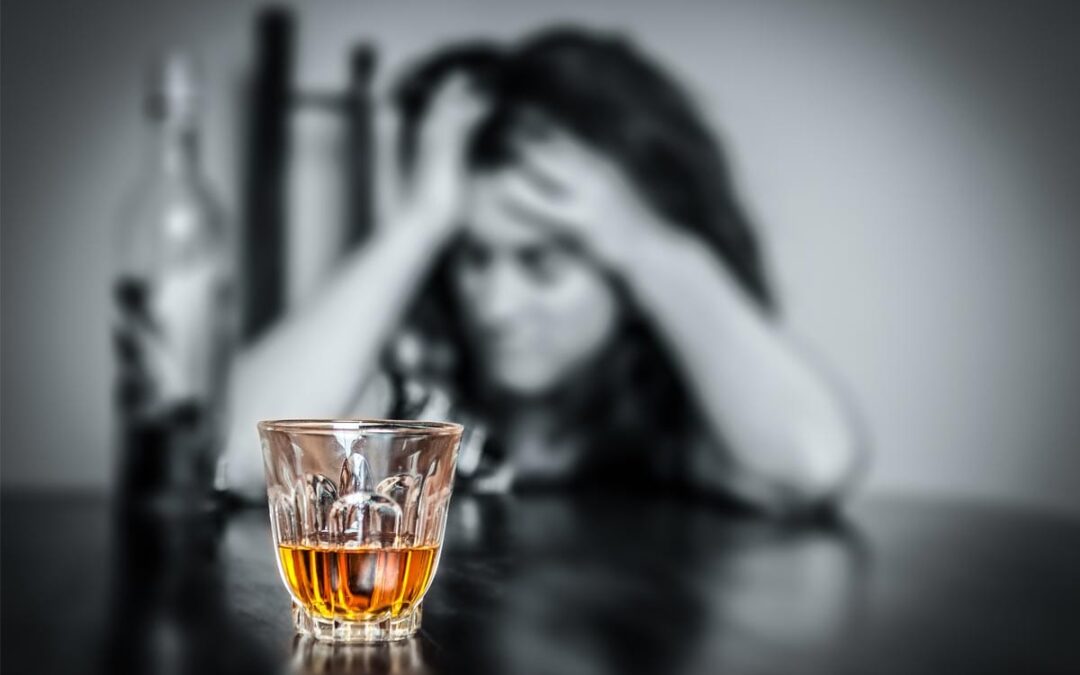
Signs of a relapse – what can you look out for?

A relapse doesn’t start when we pick up the substance of our choice, it starts with thoughts and with behaviors, picking up the substance is the end result of the relapse.
Here are some of the behaviors to look out for, you can prevent a relapse if you become aware of the danger signs and hold yourself accountable to keep yourself safe.

Thoughts of social drinking

It’s easy to fool yourself into believing that you can manage to drink “responsibly”, in a controlled manner, maybe just “over the weekends”, to forget that you can’t stop after one glass, or even one bottle for that matter.
If your substance of choice was drugs, you might think that alcohol has never been your problem, the drugs were, only to find out that once you had that second drink you have already dialed your dealer. Any mind-altering substance is going to lead you down the same rocky path of destruction.
Keep away from social events where you know people will be drinking, Phuza Thursday at the pub, Friday office parties, Braai’s with friends, don’t tell friends or family its ok to drink next to you, it is not. It is your responsibility to keep your surrounding safe for you.

Denial
As much as family and friends think they were lied to, you have lied to yourself more. It might be the denial of the depth of your addiction, manipulating yourself to believe you can control it, use less, or be in denial about the reality of the damage you have created in your life. Once you become aware that you are manipulating the people around you, or that lying and dishonesty are becoming a pattern again, you can be sure you are in trouble.

Easily Angered
Overreaction, frustration, and irritability can become a pattern of behavior. You might be angry with the world in general (the government, the state of the roads) with someone specific, and often with yourself.
Most of us operate from a place of fear and anxiety, or shame and guilt, notice if you mask those feelings with anger. When we allow that anger and resentment to turn into rage, we may lose control; losing control can easily spill into other areas where we lose total control… loneliness, tension, and frustration can all tip your equilibrium and send you spinning out of control making you believe that there is no way out except drinking and using.

Lack of self-care
Healing starts with self-care, care for yourself, your environment, and your recovery.
Signs of trouble can be when your daily routines become haphazard and well-balanced meals are replaced by Junk food, your sleeping routine is disrupted, an inability to keep appointments, plans, or decisions become more common, you find yourself isolating from friends and family, and you become overwhelmed with strong feelings of frustration, fear or anxiety that leave you feeling rushed and overburdened or being trapped with having no way out. Make yourself and your recovery your priority, without those you have nothing.

Believing you can do it yourself without help
If you start convincing yourself and everyone that “you will never drink again” the urgency of continuing with recovery therapy diminishes. You might consider dropping out of professional counseling even though you know you need the help, or you might create conflict and tension within the therapeutic environment that gives you the reasons to end the treatment. Remind yourself “I alone can do it, but I can’t do it alone”.
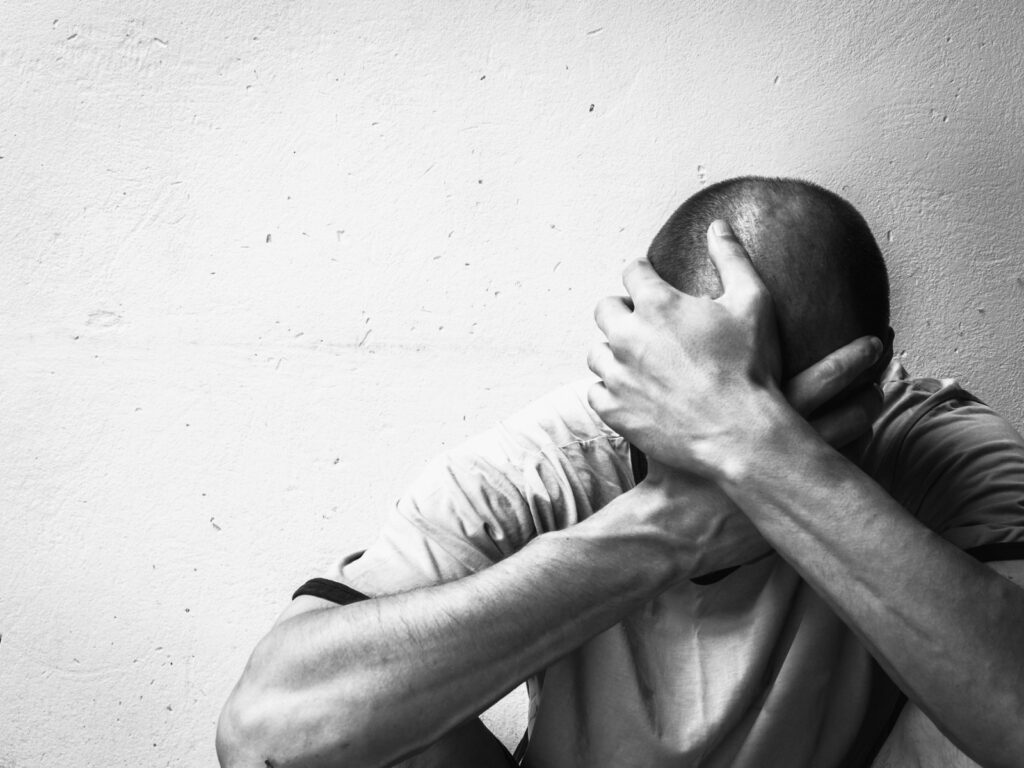
Isolation and avoidance
You might have come up with valid reasons and excuses for isolating. Maybe its relationships that have become strained, or the belief that if you keep yourself away from friends, you will not be tempted to relapse. However, isolation can lead to unhappiness, triggering beliefs that you are useless and incompetent, that nobody cares. Loneliness can turn into depression making you feel trapped and overwhelmed. Avoidance grounds the ideas that life is unfair, “I’ve tried my best and it isn’t working out”, “what is the point of it all?” letting the thoughts of “things seem so bad now I might as well get drunk because they can’t get any worse”.
Feeling like a victim and indulging in self-pity can be harmful not only to your sobriety but to your self-esteem and belief in your abilities.


